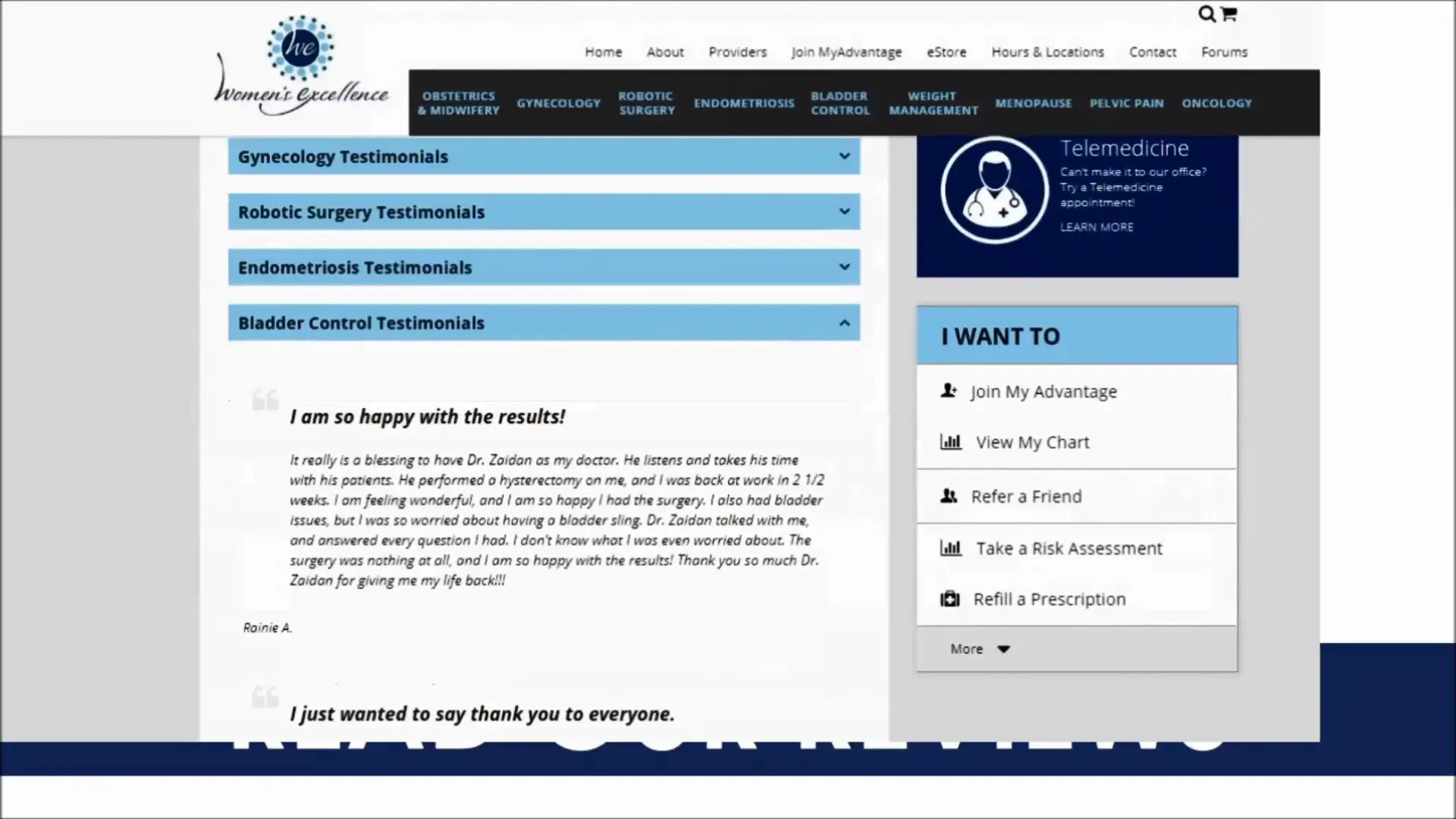Virgina Apgar, an obstetric anesthesiologist, developed the APGAR score for newborns in 1952. She developed the APGAR to be used as a standard assessment tool to evaluate a newborn’s adjustment to life outside of the womb at one and five minutes of age.
The APGAR score continues to be utilized today. It is an easily duplicated, and quickly decided rating system necessary for evaluation and overall assessment by examination of the neonate.
The APGAR assessment and score is very useful at birth, but does not reflect a baby’s future intelligence, behavior or intellect. The APGAR score determines if an infant requires intervention while acclimating to being outside of the womb.
APGAR scoring entails the evaluation of the newborn in regard to the following five categories: heart rate, respiratory effort, muscle tone, reflex irritability, and color.
At birth, approximately 90 percent of term infants simply and effortlessly transition to life outside the womb without complication. These babies have no problem adjusting to extrauterine life (outside of the uterus).
Only approximately 10 percent will need some sort of medical intervention, and only a small 1 percent will require serious intervention through resuscitation.
The one minute APGAR assessment provides information about the baby’s physical health that helps the Neonatal Resuscitation certified individual caring for infant at birth to determine if immediate or future medical intervention is necessary.
The five minute APGAR measures how baby continues to adjust to extrauterine life after five minutes of birth. If resuscitation was necessary at birth, the five minute APGAR also reflects how baby has responded to previous resuscitative interventions.
What does the APGAR measure?
- APGAR measures the baby’s color, heart rate, reflexes, muscle tone and respiratory effort.
- Points are scored by assessing each of the above categories and earning a 0, 1, or 2. Each score is then added up to a total score that ranges between 0 to 10 at one and five minutes of age after birth. The maximum total score is 10.
APGAR scoring at one minute of age:
- One minute APGAR scores ranging from 7 to 10 typically reflects a baby that is adjusting well to extrauterine life and only routine observation after birth is necessary.
- A one minute APGAR score of an infant that ranging between 4 to 6 often reflects that breathing assistance is necessary.
- APGAR scores of 4 or less at one minute of age require more aggressive resuscitation measures.
APGAR scoring at five minutes of age:
- A normal five minute APGAR score is 7 to 10.
- If the score is less than seven, the baby will be transferred to the neonatal observation unit and closely monitored by a pediatrician. Abnormal scores do not mean that there will be permanent health problems with the child.
APGAR SCORING
Heart rate:
- 0 – No heart rate
- 1 – Fewer than 100 beats per minute indicates that the baby is not very responsive.
- 2 – More than 100 beats per minute indicates that the baby is vigorous
Respiration:
- 0 – Not breathing
- 1 – Weak cry–may sound like whimpering or grunting
- 2 – Good, strong cry
Muscle tone:
- 0 – Limp
- 1 – Some flexing (bending) of arms and legs
- 2 – Active motion
Reflex response:
- 0 – No response to airways being stimulated
- 1 – Grimace during stimulation
- 2 – Grimace and cough or sneeze during stimulation
Color:
- 0 – The baby’s entire body is blue or pale
- 1 – Good color in body but with blue hands or feet
- 2 – Completely pink or good color
Always feel comfortable asking your baby’s nurse what the APGAR score was for your baby at 1 and 5 minutes of age. Your baby nurse or pediatrician will be assessing your baby at birth, and will be responsible for calculating his or her APGAR score.
The Apgar score is only one of the factors considered at birth. If you have any questions about what will happen after birth, our midwives will answer these at your prenatal appointments. Contact us or use our chat today to make an appointment.







